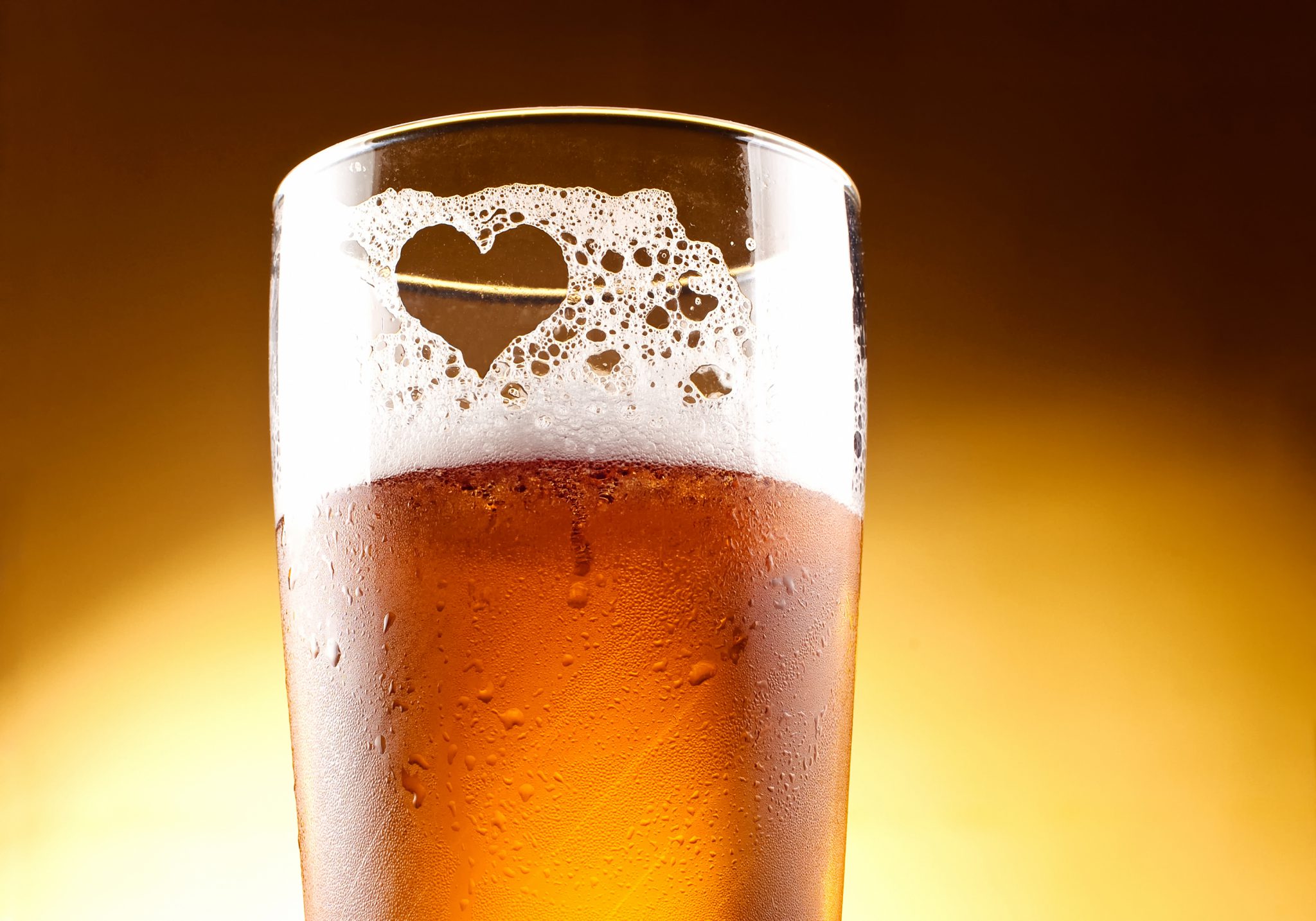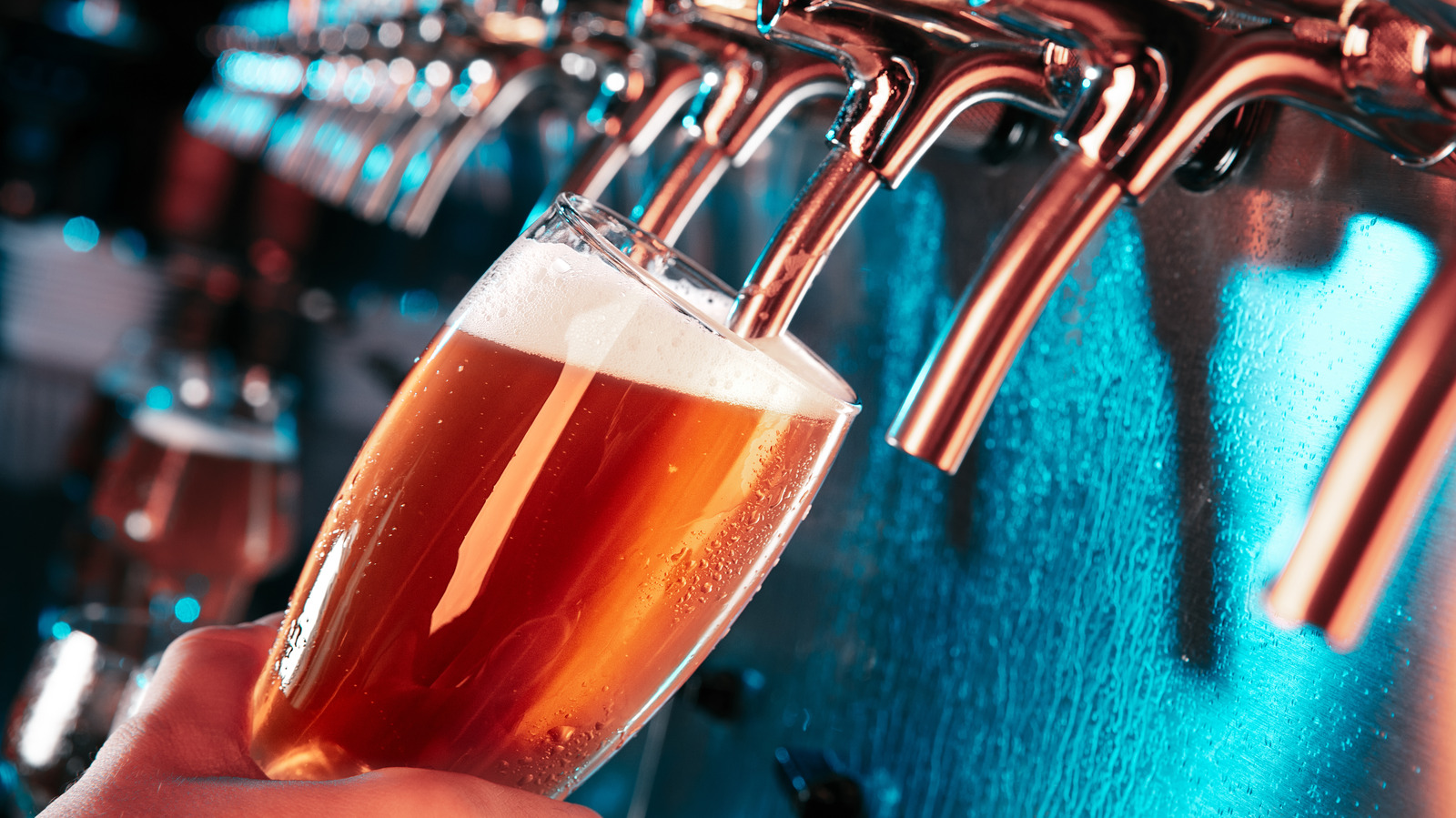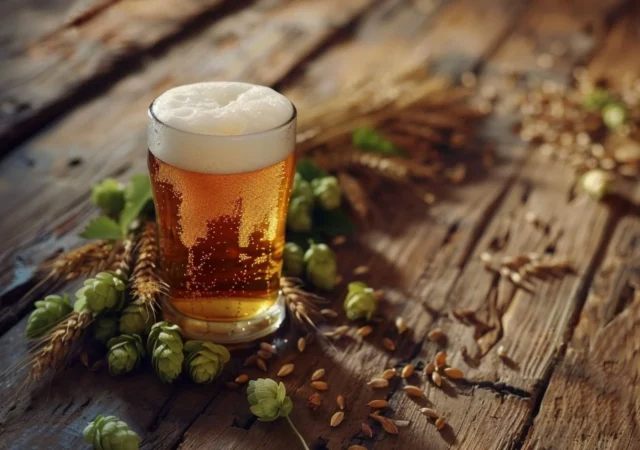Beer is one of the biggest beverages for social occasions, partying, and other festivals. However, if suffering from diabetes, you would then ask how beer impacts one’s blood sugar.
There is a need to explore how beer affects the management of blood sugar levels, given the diabetes management program.
For those working on diabetes prevention or managing their condition, it’s essential to be mindful of what you drink.
In programs like the one offered by Fitterfly, you’ll receive expert guidance on making informed choices about your diet and beverages, helping you build sustainable habits and achieve your health goals.
Let’s take a look at how beer affects your body and what you need to know.
Types of Beer

There are many types of beer: lagers, ales, stouts, and wheat beers, among others. And while each one can differ nutritionally, impacting blood sugar in varying ways, most beers have something similar.
Here’s a general breakdown of what most beers contain; it is not specific to any brand:
Calories in Beer
Beer is calorie-dense, especially when it is drunk in large amounts. One 330 ml can or bottle of beer contains around 140-160 calories. These calories come from alcohol and carbohydrates.
Too much beer drinking can result in weight gain, which would make it difficult to maintain the management of diabetes. The maintenance of ideal body weight is important for controlling blood sugar, and extra weight would make it difficult to control the disease.
Carbohydrates in Beer

Carbohydrates are found in beer, and the body rapidly absorbs these carbohydrates into your bloodstream, thereby increasing your blood sugar. A 330 ml can of beer contains between 10 and 20 grams of carbs, depending on the beer.
Therefore, when managing diabetes, a person would be advised not to drink much beer as it is high in carbs compared to wine or spirits.
Protein in Beer
Beer has little protein, usually less than 2 grams per serving. Since protein does not have a big effect on blood sugar, it is not a concern when drinking beer. However, getting enough protein from other food sources is important for your health.
How Alcohol Affects Blood Sugar
The alcohol in beer can impact how your liver releases glucose into your bloodstream. Normally, your liver helps maintain stable blood sugar levels by releasing glucose when needed. However, alcohol can slow down this process.
Drinking beer in moderation might cause a temporary dip in blood sugar, but excessive drinking can lead to hypoglycemia (low blood sugar). This is especially dangerous if you take insulin or other diabetes medications.
How Much Beer Is Safe for People with Diabetes?

Alcohol and diabetes ─ moderation is the name of the game. According to the American Diabetes Association, women should limit alcohol intake to one drink a day, and men two. However, what you can safely consume may vary, so be sure to consult with your doctor or nutritionist.
Healthier Alternatives to Beer
There are good alternative alcohols available, including:
- Kombucha ─ This is a fermented tea that has lesser amounts of sugar and even less alcohol. It serves around 6 to 12 grams of carbohydrates for a 240-millilitre serving. You can down this beverage in smaller servings without excessive intake of carbs.
- Diet soda ─ This is the other popular low-carb favorite with no sugar or carbs. Its benefit is that if you crave a fizzy drink without any blood sugar impacts, it’s your friend. Just watch out for the artificial sweeteners if you have those sensitivities.
- Sparkling water with lime ─ Enjoy zero carbs with this refreshing drink or add some lime, cucumber, or other fruits for more fun.




